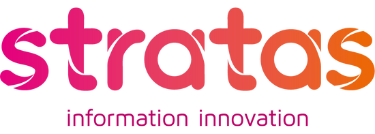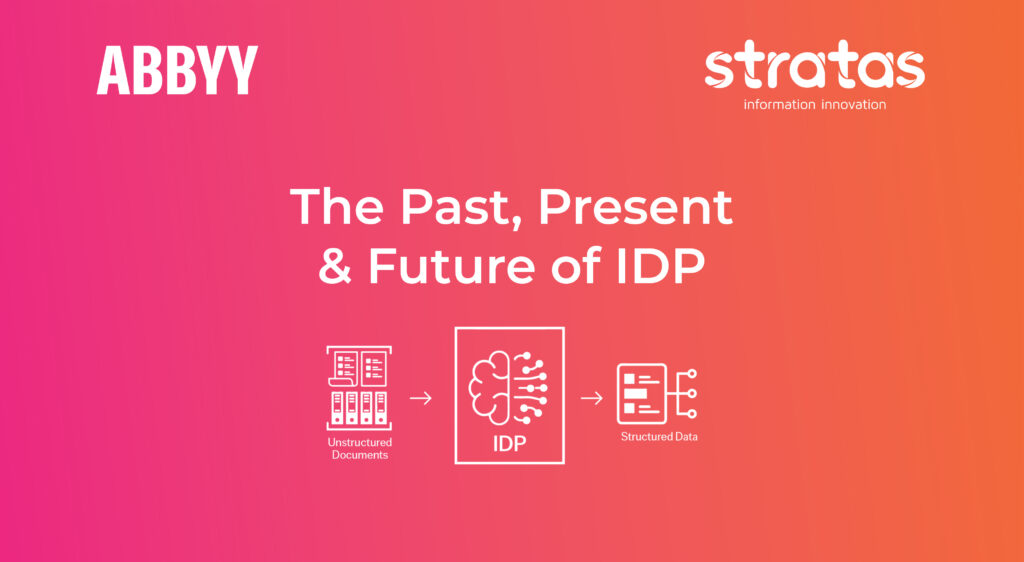What can you automate in finance?
What is finance automation?
We live in an ever-evolving society that has allowed businesses to automate different aspects of their operations, tasks which previously would have been performed manually. Through automation, companies have transformed their finance departments, which has resulted in them saving significant time and resources whilst improving efficiencies.
There are many benefits which come as a result of implementing finance automation:
- Immediate decrease in manually intensive tasks;
- Handle invoices by exception, instead of handling them all;
- Reduced document storage requirements;
- Significant improvements in processing time and;
- Enhanced visibility of outstanding invoices and approvals.
How much could your business save through automation?
Substantial time and resource savings are one of the key reasons that businesses are automating their accounts payable process. Have you ever wondered what those savings might look like for your business?
A quick calculation to understand the cost of your manual process will highlight whether a solution could deliver significant value. Just answer a few simple questions and then we can provide you with an estimate of just how much value you could unlock.
Feel free to try our free ROI calculator here and maybe the results will help you decide whether a project of this nature is worth considering.
Which tasks can be automated in finance?
Purchase-to-Pay
P2P, also known as purchase-to-pay or procure-to-pay, is the process taken to fulfil a requirement for goods or services. P2P covers the entire process from order through to payment. The P2P process has seven different stages. These are; need identified, requisition management, Purchase Order issued, goods receipt, invoice received, invoice processing and Accounts Payable.
Accounts Payable
Accounts payable is a discrete part of the P2P lifecycle that focuses on paying for the goods. The process involves the matching of a Purchase Order to a Goods Receipt Note and cross-referencing these two documents with an invoice sent by a supplier. This process is commonly known as 3-way matching.
Would you like to find out more about how implementing finance automation could benefit your business? Get in touch.



